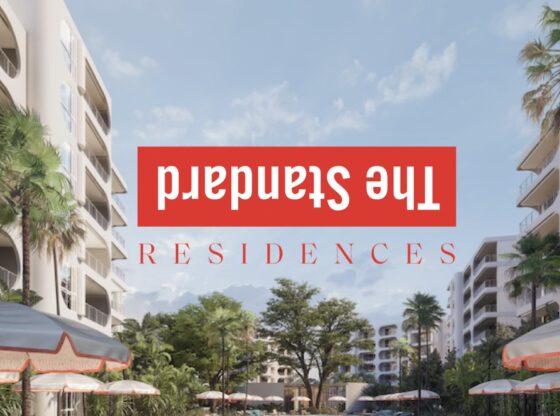![]()
It is something that is becoming a worrying trend globally. People are ending up paying far more for a property that what they expected, or in some cases not getting what they paid for. You may have thought that it was problem that was isolated to Thailand but is seems that the problem is affecting thousands of people in the UK.

The trap seems to be connected to those buying new-build houses which families are buying in the belief that they would be the family home forever. The story of Katie Kendrick has been the focus of an issue of the BBC’s Victoria Derbyshire programme. Ms Kendrick bought a property from Bellway for £214,000 three years ago.
The problems are regarding the fact that the property was sold with a 150-year lease rather than freehold but Ms Kendrick was reassured by the real estate that it was “as good as freehold” – something that many people will have been told by unscrupulous agents here in Thailand. Ms Kendrick was told that she could turn the property into a freehold after two years and would cost no more than £4,000.
However, 18 months later she received a letter telling her that the freehold had been sold and she would need to pay £13,300 to buy it. Of course, Bellway’s actions are not illegal as the “right to first refusal” only applies to apartments. This is different to what we have here in Thailand as of course the purchase of land is not allowed by a foreigner so houses (including the land) can only be bought by a Thai national or a Thai company.
If they are purchased by a Thai individual, with maybe ‘foreign assistance’, and you have organised a lease it is very important that lease is watertight to avoid any nasty surprises further down the line. Obviously, the circumstances and the situation is different, but problems and headaches about losing your “family home forever” are just as real.
The problems in UK appear to have escalated since the launch of the government’s Help to Buy scheme which was launched to help first time buyers get on to the property ladder. The leases in modern new-build properties seem to be consistently shorter than the older leasehold properties which often came with 999 year leases which presented no problems.
The reason behind the rise in such leasehold schemes, so developers claim, is to make properties more affordable and developments more financially viable. As we discussed last month, rental properties in the UK and indeed the rest of the world are in short supply which has caused rents to rise. Not surprisingly this has attracted investors looking to make good returns and indeed it may be because of this, in a roundabout way at least, that Ms Kendrick has been affected.
Her property was purchased by an investment company and a property management company called Homeground now takes care of the property. Obviously, there are a number of benefits for investment company if the freehold can’t be purchased and the owner of the leasehold decides to sell – presumably to the investment company themselves.
Homeground however issued a statement to the BBC saying it “can usually informally negotiate a price which can often save both time and some of the professional fees”.
“In the rare event we cannot agree, the leaseholder still retains the right to turn to the statutory process, which will establish the price as well as the legal fees they have to pay.”
Sadly, Ms Kendrick is far from alone, another victim, ‘Lindsay’ who the show spoke to had bought a house in similar circumstances, this time from another developer, Taylor Wimpey.
Lindsay was originally offered the freehold for £2,600 but she declined and when she tried to buy it two years later was told it would be £32,000.
Lindsay said, “I rang them and said, ‘I’d like to buy it now.’ And they said, ‘It’s not for sale – there’s a private investor who owns it. They’ve got a long-term interest in your property,’”
Obviously, Taylor Wimpey were a bit more open about the aims of the private investor and as they no longer own the freehold they cannot set the freehold price or benefit from the ground rent.
What seems obvious in both cases is that the developer knew that there was a highly likelihood that an investor would purchase the property and the aims and objectives of the investor would be very different from what the owners of the property were initially led to believe. This may not be illegal but it does certainly raise questions over morality.
Morality in business is often something that is lacking and it makes no difference if you are in the UK or Thailand. As the BBC investigation proved, when there are business opportunities out there, in this case to generate some form of income from investment properties, you need to make sure that you are not the victim.
Although the issues discussed in this article are mainly concerned with problems that are becoming increasingly common in the UK, issues with leases and property ownership are all too frequent here in Thailand. The best advice, as always is to get a reputable, independent lawyer, familiar with expatriates who can advise you when either the lease is drawn up or purchased.
As always space is running short. Of course, there are so many happy stories about foreigners investing in Thailand that we shouldn’t become too bogged down by negativity – it just pays to carry out due diligence. The country has so much to offer and so many good people that you shouldn’t be discouraged from buying a property here on the grounds of a few bad experiences others have had with leases. So, until next time, keep enjoying the Land of Smiles!














